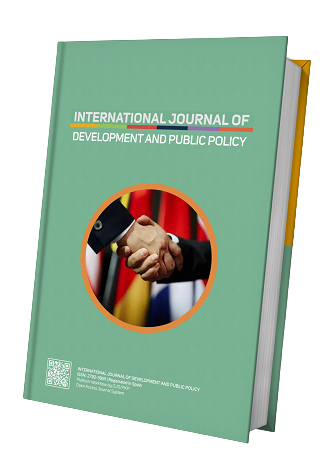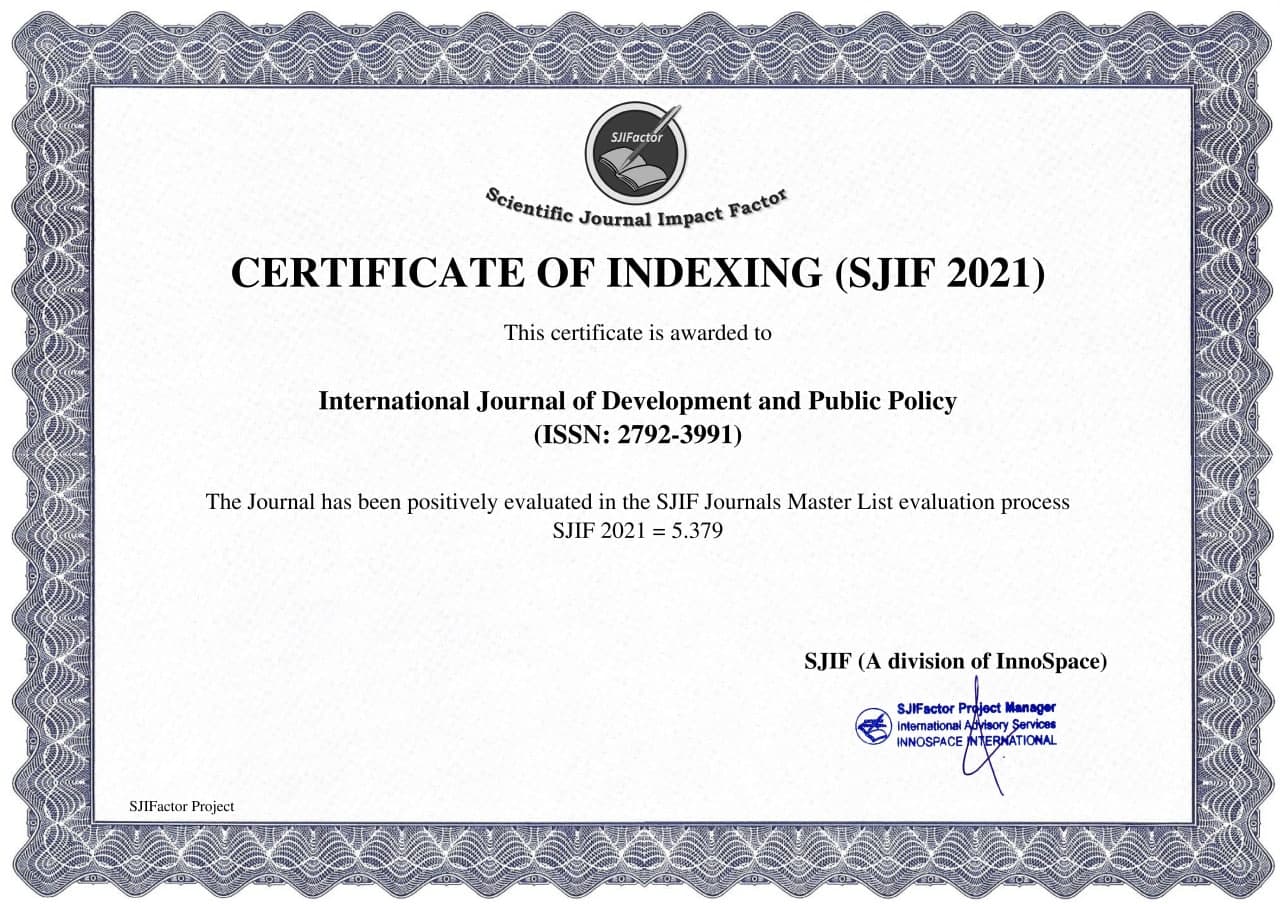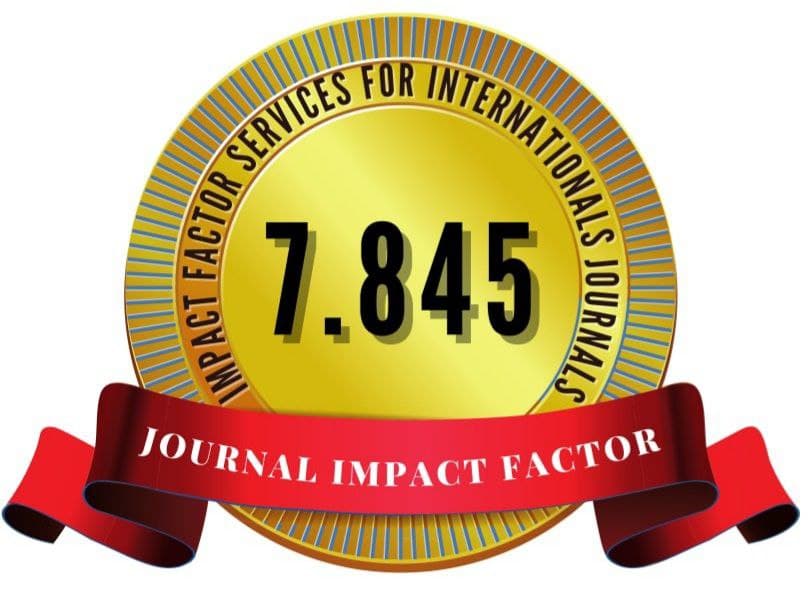Socio-Economic Implications of Modern Family Planning amongst Married Couples in Rivers State
Keywords:
Married-Couples, Family Planning, Socio-economic, Implications, ModernAbstract
This study investigated the socio-economic implication of modern family planning amongst couples in Rivers State. Three research questions guided the study. Descriptive survey research was adopted. The sample size of the study was 400 respondents gotten from the application of the Taro Yamane formula. Thereafter, a stratified random sampling technique was adopted in the selection of respondents across the different strata needed for the study. The respondents were classified based on the three senatorial districts in Rivers State. The study adopted a self- developed questionnaire titled; “Socio-Economic Implications of Modern Family Planning amongst Couples in Rivers State Questionnaire (SEIMFPCRSQ)”. The instrument for data collection was validated by the two experts in the department of Sociology and Measurement and Evaluation. The reliability of the instrument was determined through test-re-test method. The instrument reliability was done using test-retest method and was analysed using Cronbach Alpha, the reliability index was 0.68. Mean and standard deviation were used for analysing the research questions. The study revealed that traditional family planning method, use of contraceptives, implantable contraception, interrupted coitus (withdrawal method), barrier method (use of condoms) and male and female sterilization are the various techniques of family, also, religion belief, finance, health risk, socio-economic factors (such as social background and financial status), cultural and community norms, partner’s consent and community norms are the challenges hindering family planning techniques. The study therefore recommended that more campaign and public enlightenment programmes should be carried out on modern family planning methods, and its importance to married couples in Rivers State.






